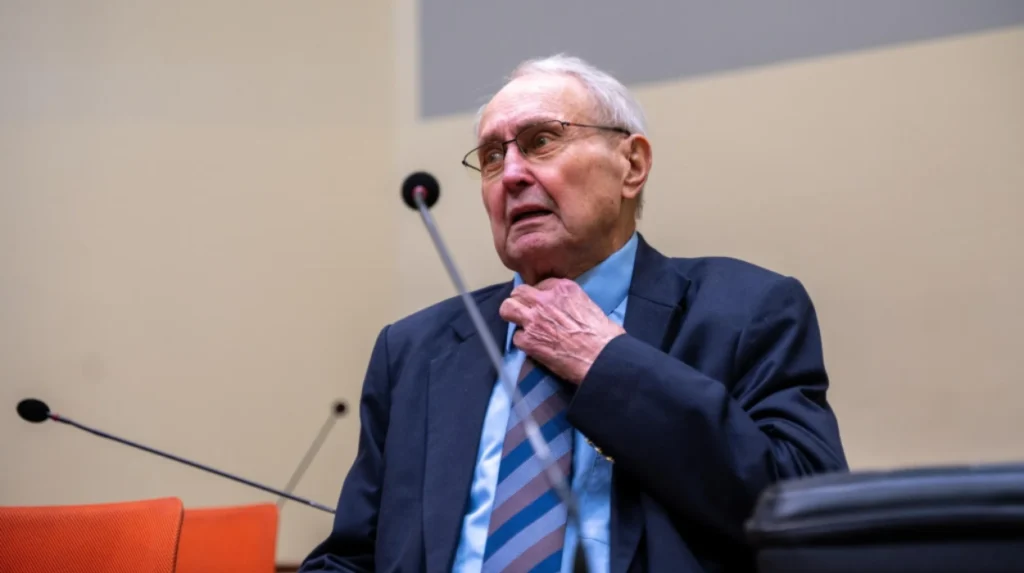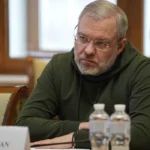For over a decade, Azerbaijan’s efforts to influence European decision-making through lavish gifts, cash, and hospitality—coined the “caviar diplomacy scandal”—have severely undermined the integrity of the Council of Europe’s Parliamentary Assembly (PACE). This extensive lobbying network aimed to polish Azerbaijan’s global reputation while silencing criticism of its troubling human rights record. Recent developments reached a turning point with a landmark verdict handed down by a Munich court, delivering the first criminal convictions for those involved.
The Anatomy of Caviar Diplomacy
The term “caviar diplomacy” describes Azerbaijan’s calculated strategy of building personal ties and illicitly swaying European politicians and officials. Expensive gifts such as caviar, valued at over 1,300 euros per kilogram, along with gold and silver trinkets, silk carpets, luxurious trips to Baku, and sizable cash payments were routinely used to win favors. According to investigative reports, many PACE delegates became familiar with the oft-asked question,
“Where’s the caviar?”
(a euphemism for the hospitality expected from Azerbaijani hosts).
The scale of this operation was massive. Investigations uncovered that Azerbaijan controlled a secret fund worth nearly $2.9 billion, laundered via the so-called “Azerbaijani Laundromat,” to bankroll lobbying efforts across Europe between 2012 and 2014. Whistleblowers revealed that members of Azerbaijan’s delegation at the Council of Europe had access to close to €30 million. Arif Mammadov, a former Azerbaijani diplomat, affirmed,
“Everyone in the Azerbaijani delegation had heard of this money, but it was never written down… it was said this money was to bribe members of the delegations and PACE generally.”
How Caviar Diplomacy Shaped European Decisions
Azerbaijan joined the Council of Europe in 2001, a body dedicated to promoting human rights and democratic norms. From the outset, the energy-rich but autocratic nation faced sharp criticism due to its repressive policies. Despite evidence of systematic human rights violations, key PACE resolutions condemning Azerbaijan were repeatedly diluted or blocked. Investigations pointed to cases like the controversial 2013 vote against a PACE report on Azerbaijani political prisoners, where members were allegedly bribed to shield Baku from censure.
Several current and former PACE members were implicated in breaching ethics codes and engaging in what the Council of Europe described as “activity of a corruptive nature” involving Azerbaijani interests. A comprehensive 219-page Council of Europe review published in 2018 concluded,
“There was a strong suspicion that certain current and former members of PACE had engaged in activity of a corruptive nature,”
which included both lobbying during office tenure and improper advocacy thereafter, motivated by financial incentives.
Lifting the Veil: From Investigations to Sanctions
The scandal came to light through the diligent work of investigative journalists, whistleblowers, and watchdog groups. Reports by the Organized Crime and Corruption Reporting Project (OCCRP), the European Stability Initiative (ESI), and various media outlets exposed the mechanism behind Azerbaijan’s influence operations. In 2017, OCCRP journalists revealed a complex money laundering scheme, showing how the Aliyev regime funneled nearly $3 billion through shell companies as bribes to soften European criticism.
The revelations triggered significant consequences within PACE. In 2018, 13 members were publicly sanctioned for code of conduct violations, and two Azerbaijani delegates were permanently expelled. The scandal’s notoriety was such that “caviar diplomacy” entered the European political lexicon as shorthand for corrupt foreign influence.
The Munich Verdict: A Historic Turning Point
Legal accountability arrived on July 30, 2025, when a Munich court sentenced former German Bundestag member Eduard Lintner to a nine-month suspended prison term for his involvement in bribery on behalf of Azerbaijan. This was the first criminal conviction of a German parliamentarian tied to such lobbying malpractice, setting a precedent for accountability in transnational corruption cases.
The court found that Lintner, who served as a PACE delegate, distributed payments to fellow European politicians, including the late Bundestag and PACE member Karin Strenz, in exchange for their support of Azerbaijani political goals. These payments, concealed through shell companies, were unequivocally bribes disguised as legitimate lobbying efforts. The presiding judge declared,
“It was a classic case of vote-buying.”
The court ordered Strenz’s estate to repay €110,000, the full amount received for her services to Azerbaijan.
Eduard Lintner’s conviction exposed the broader Azerbaijani Laundromat scheme, which used international financial networks to bankroll corrupt lobbying. Maíra Martini, CEO of Transparency International, remarked,
“Authorities in other countries linked to the Azerbaijani Laundromat scheme should follow Germany’s example and take action to ensure that those who took bribes and helped whitewash repression do not escape scrutiny.”
Other defendants faced lighter penalties, including fines and delayed trials, but advocates for justice hailed the Munich verdict as a landmark for transparency and anticorruption enforcement.
Azerbaijan’s Response and The Fallout in the Council of Europe
Despite overwhelming evidence, Azerbaijan has consistently denied wrongdoing, branding investigations as politically motivated attacks. Samad Seyidov, Azerbaijan’s head of delegation, condemned PACE decisions as “a campaign of hatred against Azerbaijan” intending to alienate Baku from Europe. Nonetheless, Azerbaijan’s reputation within the Council of Europe has suffered profoundly. In January 2023, PACE refused to ratify Azerbaijan’s parliamentary credentials for repeated breaches of institutional norms and a lack of cooperation, signaling an extraordinary shift from leniency to reprimand.
The Problem of Institutional Corruption
Observers see the caviar diplomacy scandal as symptomatic of deeper institutional corruption. The manipulative lobbying contaminated political decision-making not only in Strasbourg but also masked severe human rights abuses in Azerbaijan. Pro-Baku politicians used their PACE mandate to weaken critical reports on electoral malpractice, freedom of expression, and political imprisonment.
A 2018 ESI report concluded,
“Despite overwhelming evidence of human rights abuses, some European politicians continued to praise Azerbaijan’s democracy—clear evidence of systemic and strategic deviations from the Council of Europe’s core principles.”
This breach of ethical standards triggered reforms in PACE’s code of conduct and sanctions against offending members.
Human Rights and Political Consequences
Beyond judicial outcomes, the scandal renewed attention to Azerbaijan’s human rights record, particularly the plight of political prisoners and widespread torture allegations. For years, critics have lamented Europe’s lenient approach towards Baku. In October 2017, PACE warned of “an unprecedented crackdown on human rights” in Azerbaijan, documenting arbitrary detentions and restrictions on free speech. The lasting echoes of the scandal continue to shape discussions on sanctions, reform of foreign lobbying regulations, and the future role of European institutions in safeguarding democratic principles.
The Scandal’s Enduring Legacy
The exposure and prosecution of Azerbaijan’s caviar diplomacy scandal represent a larger reckoning for democratic institutions. It highlights the urgent need for transparency, robust checks and balances, and accountability within Europe’s governing bodies. The Munich verdict and disciplinary actions in PACE send a clear warning: selling political influence under the guise of “diplomacy” will ultimately be met with justice.







